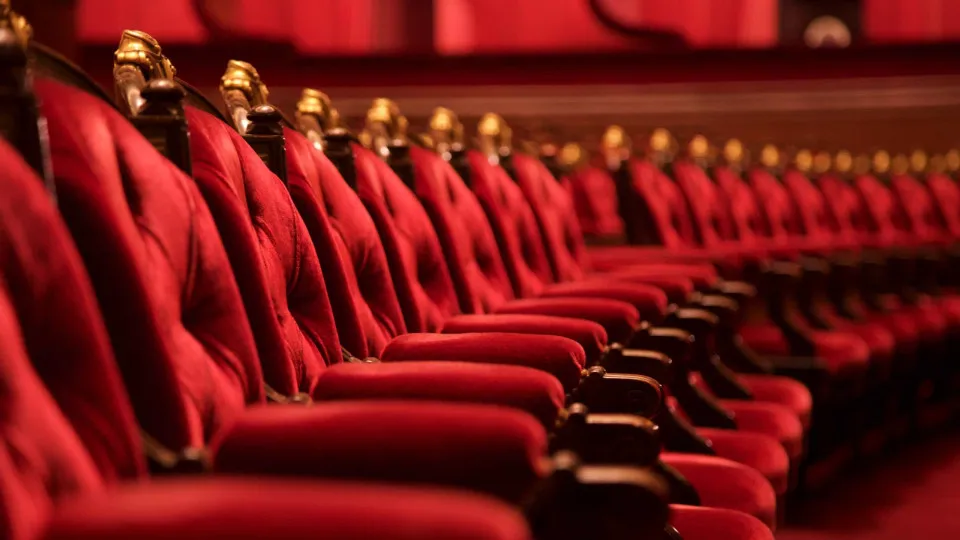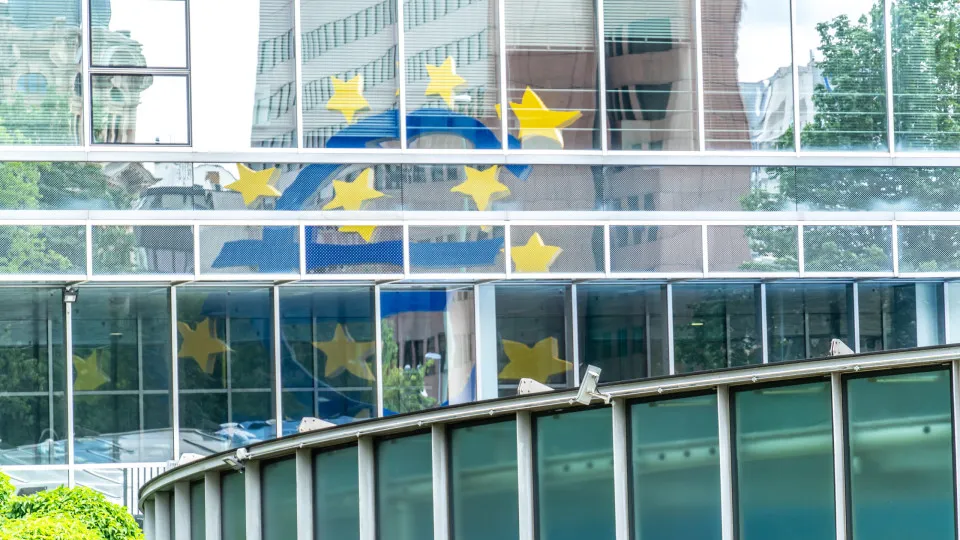
Veterinarians have communicated to the Minister of Finance, asserting that the European directive of 2006 allows for VAT reduction, and Portugal “has implemented this measure in the past.”
The directive specifies that a VAT rate no lower than 12% can be applied, and Portugal had exempted veterinary medical services from VAT until 1993 under the same legislation, noting that this exemption was repealed by the 1993 State Budget.
The Order of Veterinarians states that “it is legally possible to apply a minimum rate of 13% to all veterinary medical acts,” but further suggests that a reduction to 6% “is equally defensible,” as this rate applies to veterinary services for production animals.
“This disparity is incomprehensible in light of the principles of tax neutrality and coherence in public policies,” the organization argues, questioning why veterinary services for companion animals are taxed as non-essential goods when the law recognizes animals as “living beings with sensitivity” and includes “the duty to ensure veterinary care.”
The organization argues that it makes no sense to split animal health into two categories—one for production and another for companionship—when the World Health Organization, the United Nations Food and Agriculture Organization, and the World Organization for Animal Health advocate an integrated approach to human, animal, and environmental health.
“Antimicrobial resistance, zoonoses, and other public health challenges require preventive veterinary medical supervision,” the Order emphasizes.
It also argues that Portugal “cannot continue to be an exception” in this matter, noting that, for instance, Spain is preparing to reduce the VAT on veterinary services from 21% to 10%.
The Order suggests that a reduction of VAT to 13% would result in an annual revenue loss of 11.4 million euros, and a reduction to 6% would lead to a 19.5 million euro loss. These figures are considered “modest” compared to the national budget but with “tremendous social impact.”
“This would allow for more than 500,000 additional consultations for Portuguese families, contribute to stray animal control, and reinforce public health,” it states.
Therefore, the Order requests that the Government reconsider and allow the inclusion of a VAT reduction for veterinary acts for companion animals to 6% in the next State Budget, equating it with the treatment already granted to production animals.




